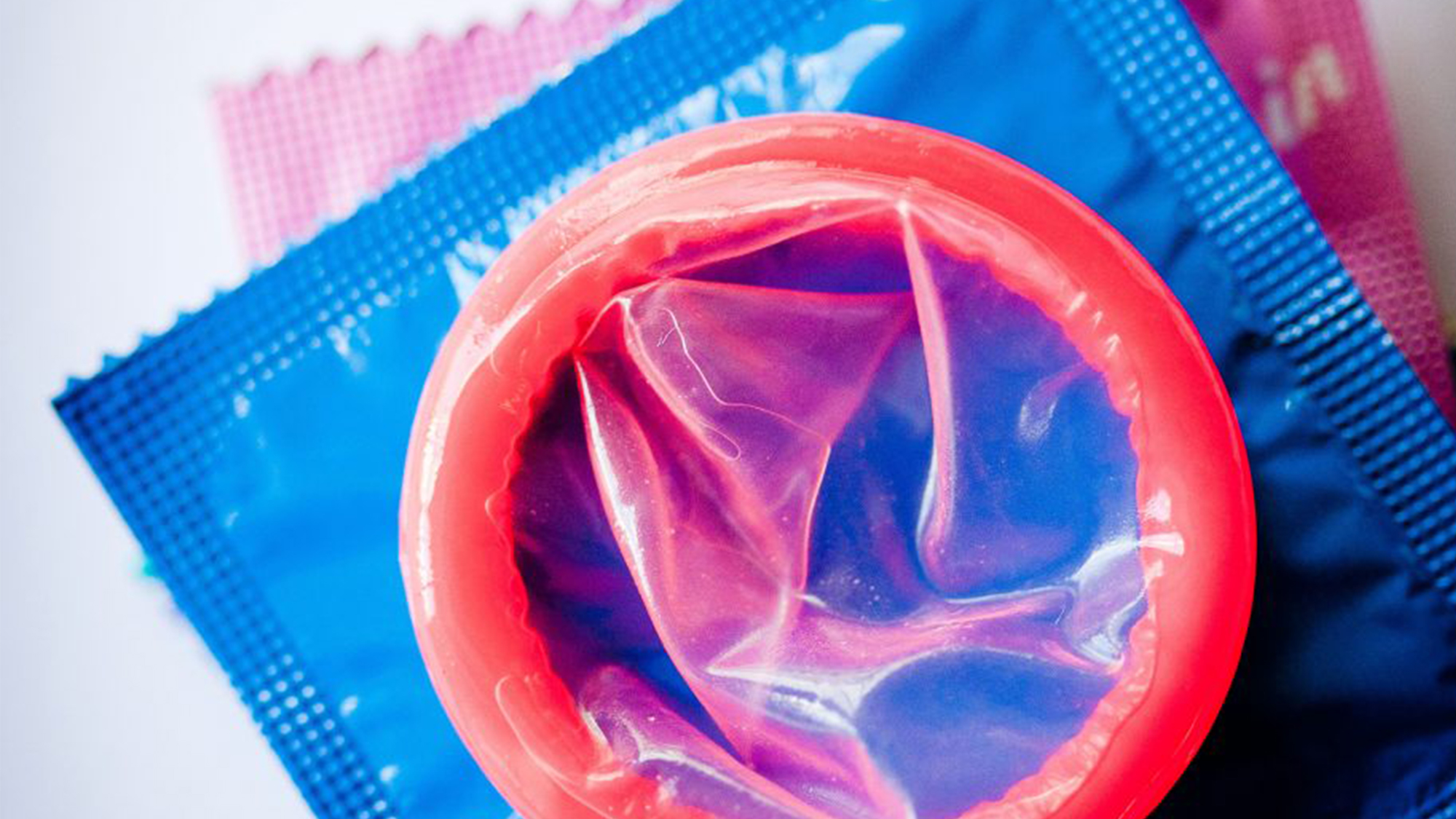This is why cases of syphilis are at an all time high in England
Stay safe out there guys

Stay safe out there guys
It was recently revealed that we're all at our most sexually active during the summer months. The only flip side? Unprotected sex is at an all time high between June and August and cases of chlamydia and gonorrhoea sky rocket come autumn.
Despite an increase in the forms of contraception now available to us, including the male contraceptive injection (100% now a thing) and smart condoms that rank your sexual performance and check for STIs, there's still a shocking number of cases of sexually transmitted infections in the UK. During 2016, 420,000 diagnoses of sexually transmitted were made in England, and cases of syphilis have hit an all time high since 1949 due to a rise in unprotected sex.
Figures from Public Health England showed that 5,920 syphilis diagnoses were made in 2016, which is a 12% rise in just one year and nearly double the number of cases compared to 2012.
Dr Michael Brady, the Medical Director for sexual health charity the Terrence Higgins Trust, told The Guardian: 'Today's figures show unacceptably high rates of STIs. We're facing huge challenges, such as the continued rise of syphilis and ongoing concerns around drug-resistant gonorrhoea, and we urgently need to address the nation's poor sexual-health and rates of STIs in the most at risk.'
So with cases of syphilis on the rise, here's everything you need to know about the UK's rising STI.
What is syphilis?
Syphilis is a bacterial infection that's usually caught by having unprotected sex with someone who's already infected. You can catch syphilis more than once, even if you've been treated for it in the past.
Celebrity news, beauty, fashion advice, and fascinating features, delivered straight to your inbox!
What are the symptoms of syphilis?
If you think you may have syphilis it's important to see your GP or go to a local sexual health clinic as soon as possible, if left untreated syphilis can cause serious problems. Some people who have syphilis may have no symptoms, but common symptoms include the following:
Small, painless sores or ulcers that appear on the penis or vagina. Occasionally these can appear around the anus or mouth as well.
A blotchy red rash that can appear on the palms of the hands of the sole of the feet.
Small skin growths on the vulva or around the anus.
White patches inside the mouth.
Tiredness
Headaches
Joint pains
Fever
Swollen glands in the neck, groin or armpits
How do you treat syphilis?
Syphilis can normally be treated with a course of antibiotic tablets for a period of two to four weeks depending on how long you've had the infection for, if you can't have the tablets you can also be treated with an injection of antibiotics into the bottom.
If you test positive for syphilis you should avoid any kind of sexual activity for at least two weeks after your treatment finishes.